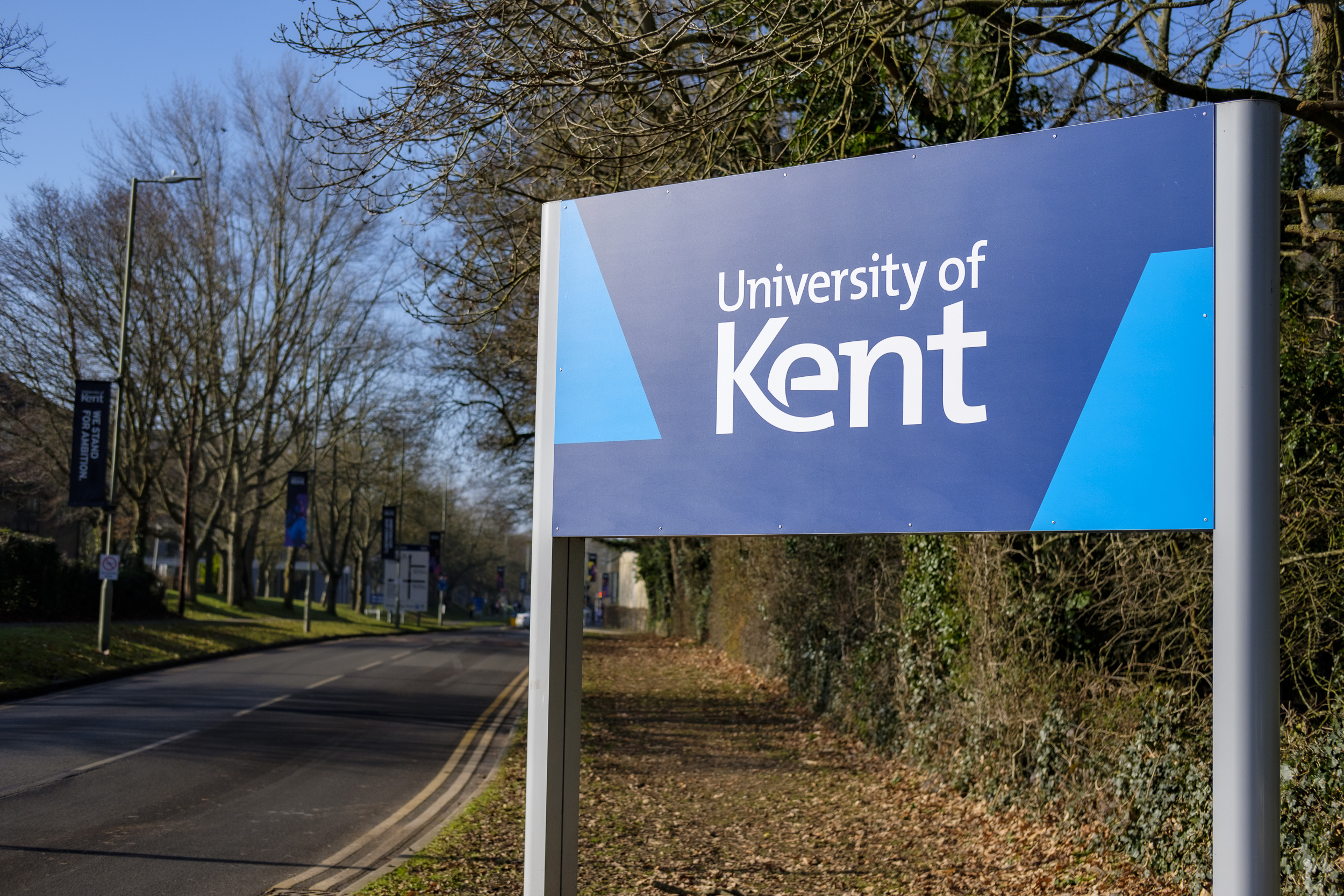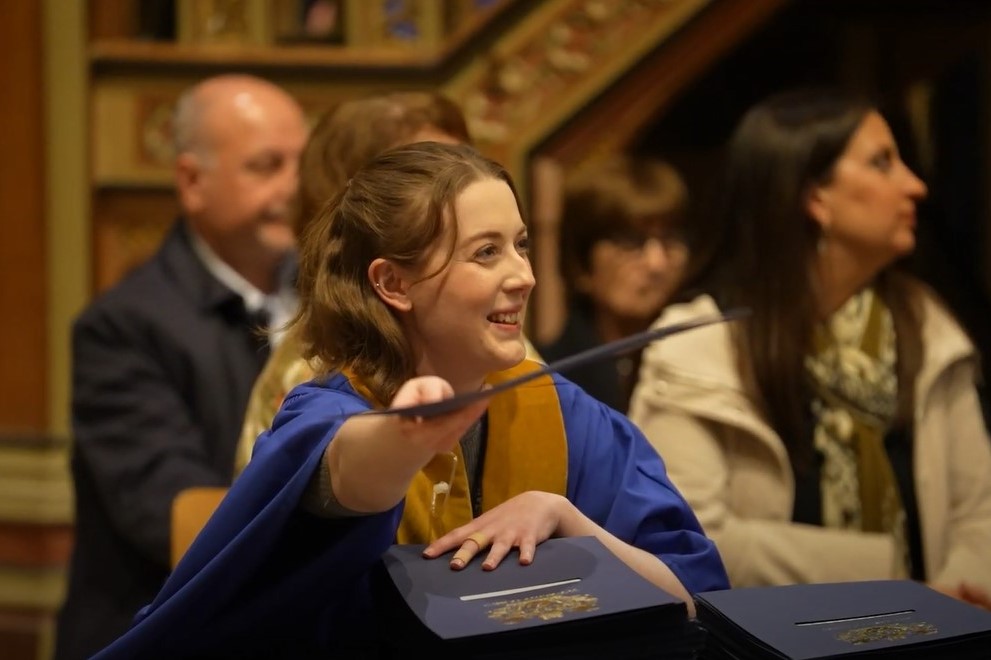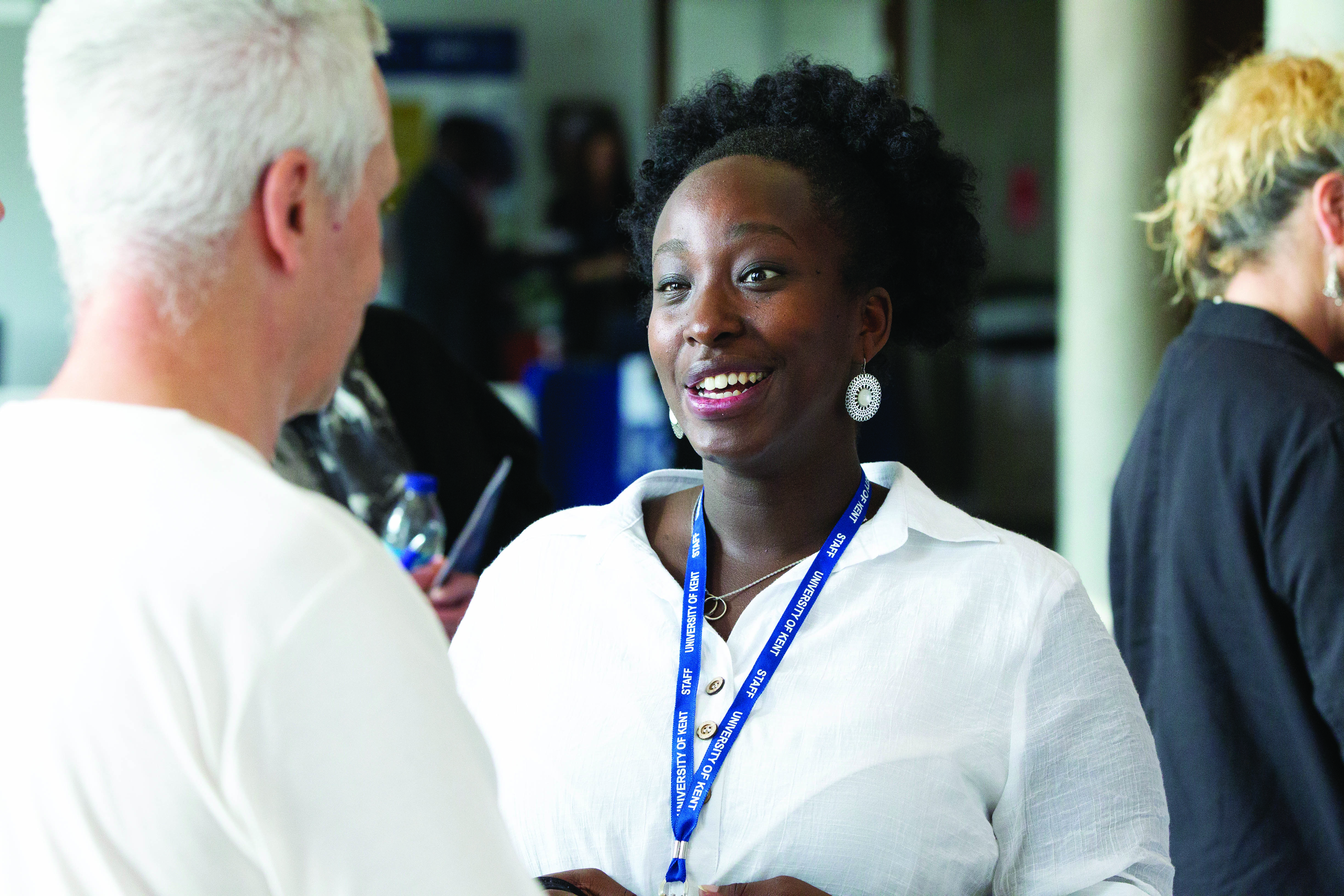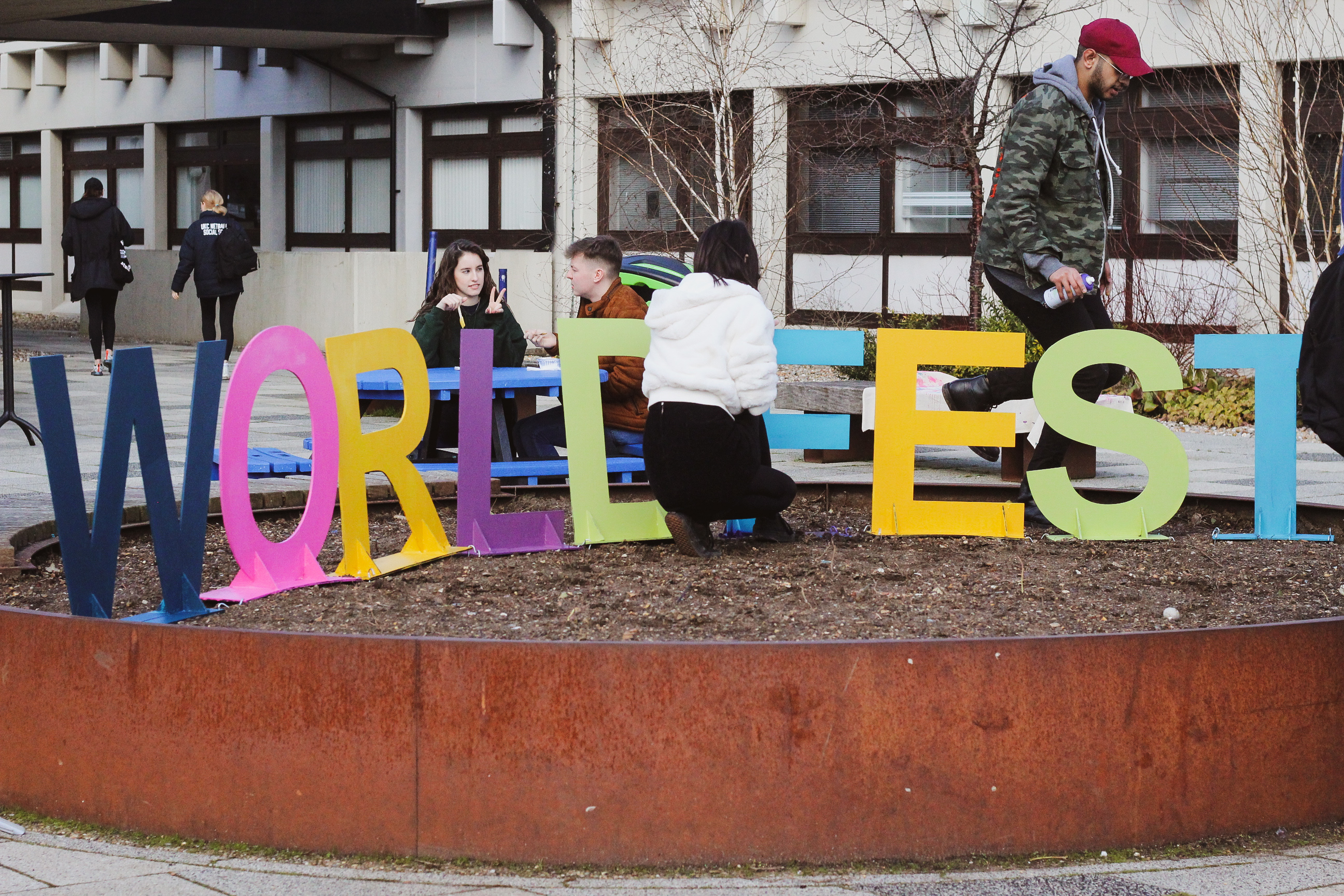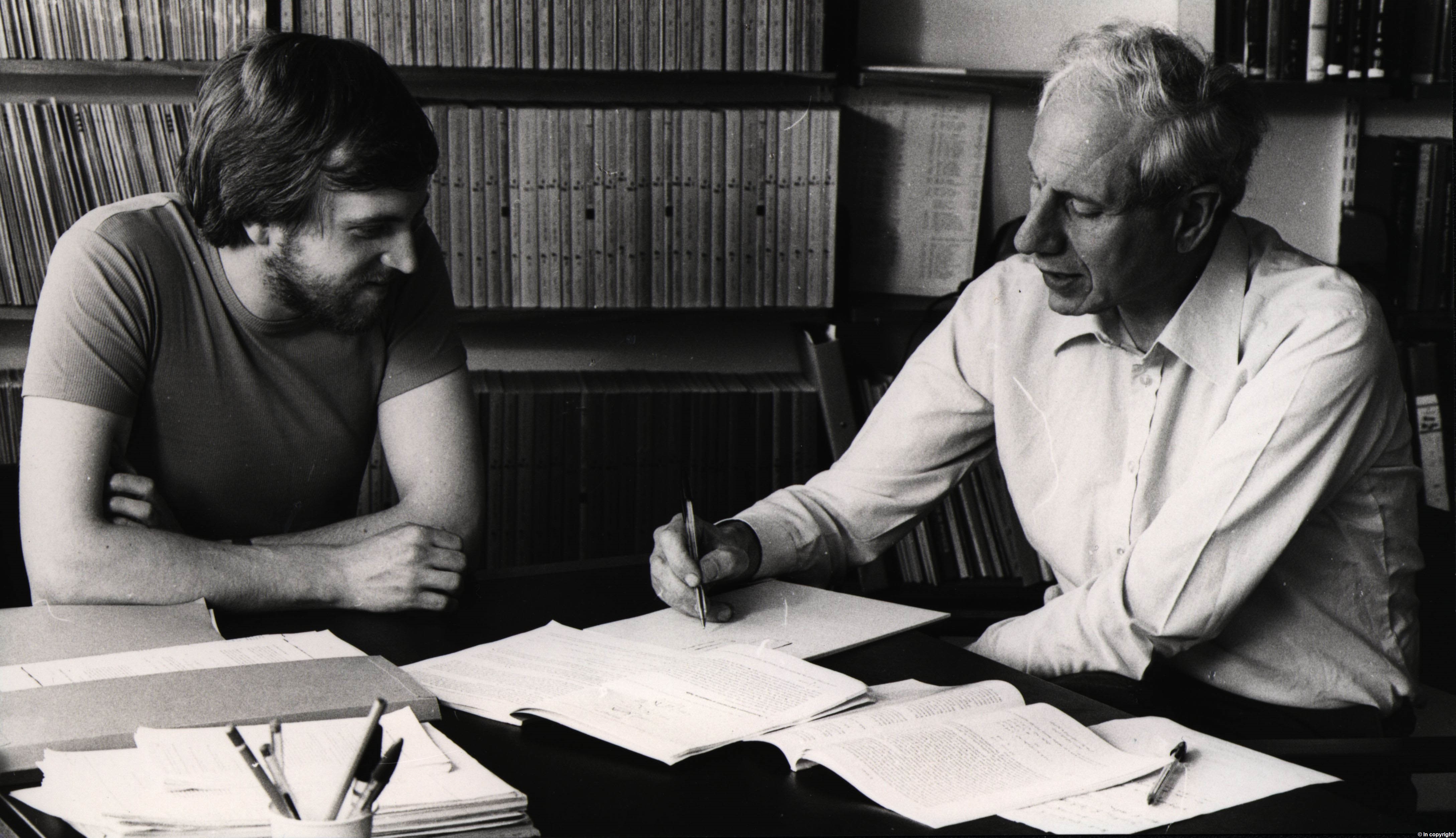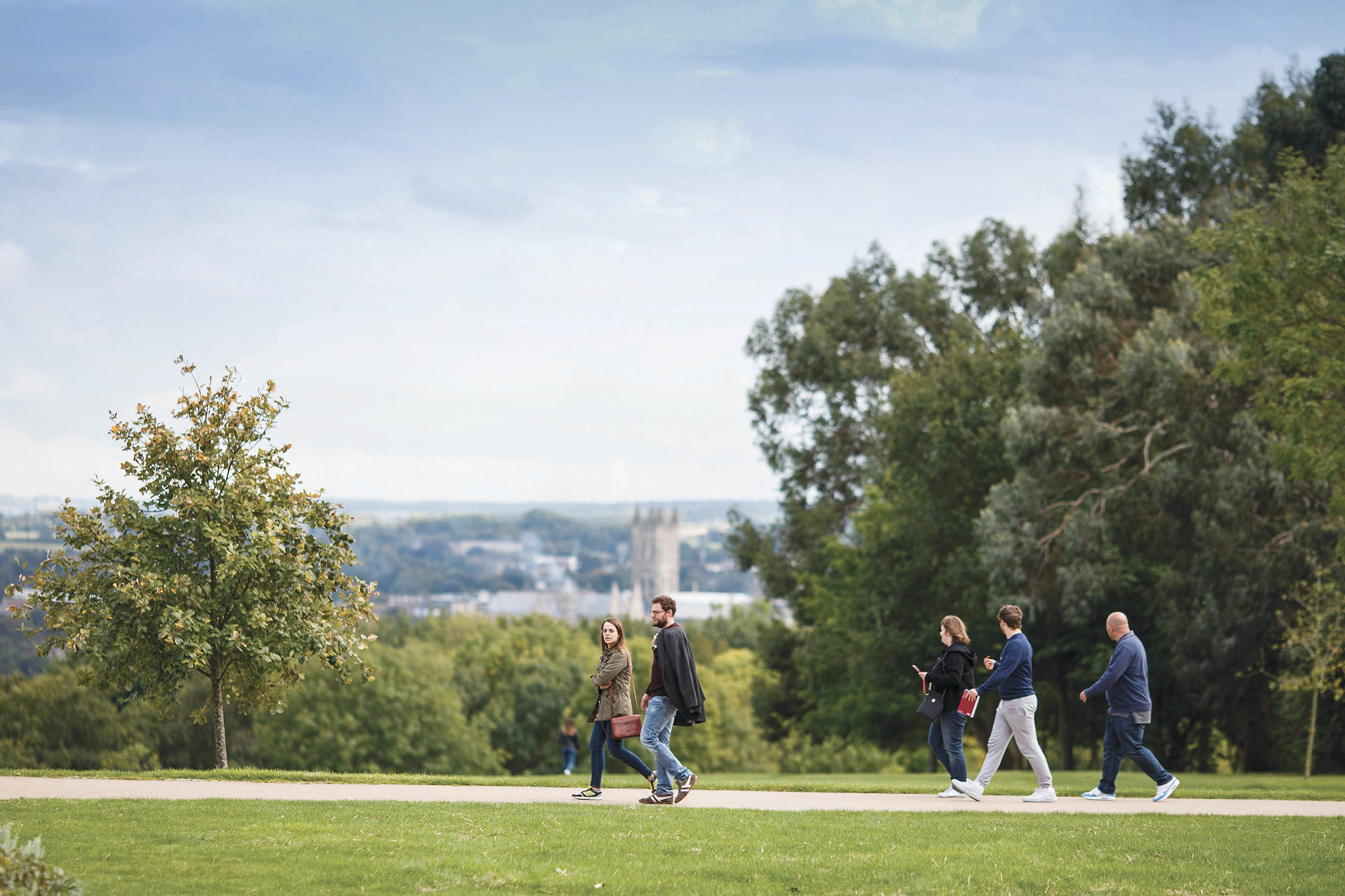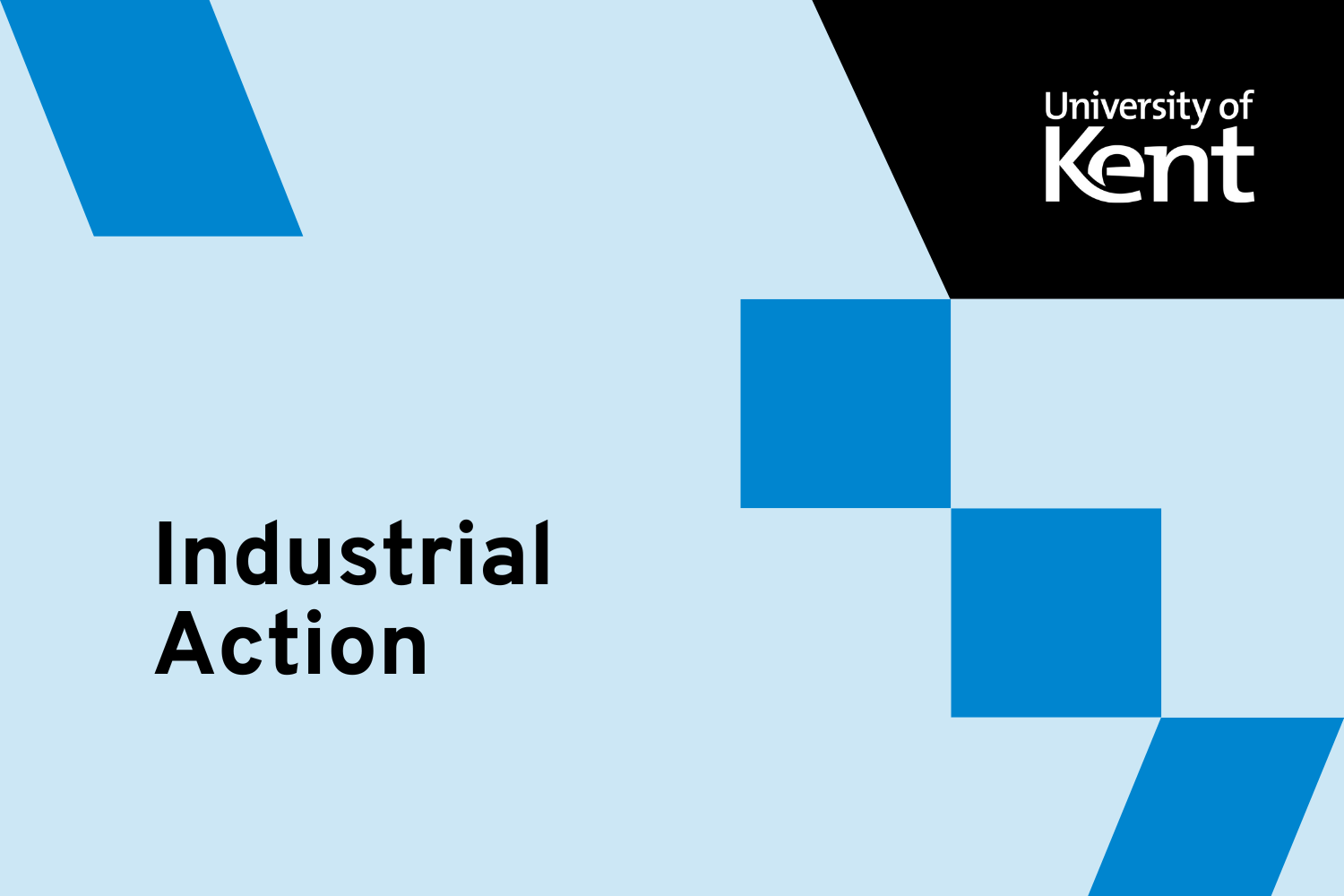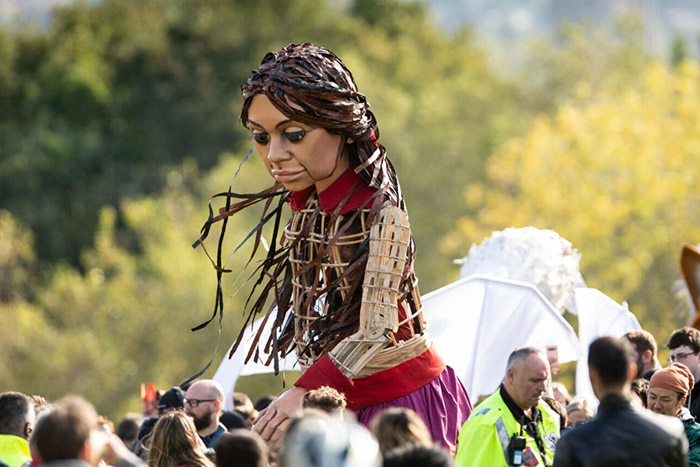This year the University of Kent is applying for University of Sanctuary status. As part of the City of Sanctuary movement, the Universities of Sanctuary network aims to ‘make Higher Education institutions places of safety, solidarity and empowerment for people seeking sanctuary’.
To help ensure that the University’s application process is properly reflective and self-critical, the Migration and Movement SRT is continuing its series of seminars that address the question ‘What is Sanctuary?’
Speakers from a range of disciplines, career stages and backgrounds consider what sanctuary means and entails. Contributions are a mix of academic talks and reflections on lived experience.
All sessions are online. Everybody is invited to join the conversation.
What Is Sanctuary 3, 16.00-17.00, Wednesday 8 March
Rachel Larkin, Lecturer in Social Work (SSPSSR)
Sanctuary: A place or a feeling? This presentation will explore sanctuary as a relational affective space, drawing on data from research with migrant young women in the UK. Using psycho-social and affect theory, it will consider the role of emotion in both the attempt to create sanctuary and the experience of seeking it.
Matthew Whittle, Lecturer in Postcolonial Literature (School of English)
In this talk I’ll be looking at Walton Ford’s painting ‘Sanctuary’ (1998) as a jumping off point to discuss the relationship between forced migration and colonialism. The context of the painting is the Congo region and the privileging of eco-tourism over human life. It invites a contrast between forms of sanctuary relating to the forced movement and precarity of animals and humans in (neo)colonial contexts.
Join Zoom meeting:
Topic: What Is Sanctuary 3
Time: Mar 8, 2023 04:00 PM London
Meeting ID: 831 8572 4134
Passcode: 657680
What Is Sanctuary 4, 16.00-17.00, Wednesday 29 March
David Roberts, Reader in Biodiversity Conservation (School of Anthropology and Conservation)
What is a refuge in conservation and ecology?During the process of extinction, the last individual of a species has to have occurred at a specific location at a specific time. This, however, does not mean the location contributed significantly to its persistence (i.e. that it was a refuge) as its persistence could merely be the result of chance, that this individual at this location was the last of its kind. Understanding why populations persist in the face of adversity is fundamental to conservation and ecology. There are numerous definitions of what constitutes a refuge, with most incorporating some form of spatial and temporal isolation from the cause of, or resistance to, disturbance. However, use of the term refuge is often imprecise, has been used interchangeably with other terms such as relic population and biogeographic nodes, and is often based on unsubstantiated statements. Here we look how the term refuge is applied in ecology and its application to some famous extinctions and environmental events.
Jonathan Rock Rokem, Senior Lecturer in Human Geography (School of Anthropology and Conservation)
Mounting violent borders and rising inequalities bring new global challenges and opportunities facing the enablement of migrant arrival and settlement. This talk brings to light differences in migrant access to public urban resources across the socio-economic and ethnic profile of three major cities. Comparing Stockholm, Berlin and London, the research investigates spatial inequality and urban segregation, and shows how this can affect migrant mobility and accessibly to public urban resources. Taken together, this is argued to have an impact on newly arriving people’s participation in diverse urban societies.
Fateh Shaban, Academic Fellow in Human Geography (School of Anthropology and Conservation)
The Syrian civil war, which began with a revolution in 2011, has led to a vacuum in higher education in north-western Syria. Some universities in the area have continued to provide tertiary education, whilst others have emerged since. However, higher education in northern Syria faces significant challenges due to the war and the conditions it has generated, most notably the lack of infrastructure, neglect by international support, the interference of armed forces, and other problems associated with war conditions. This paper will consider the urgent needs faced by the higher education sector in north-western Syria, the most pressing of which are financial support, unification of the sector, attaining accreditation, and building relationships at the international level.
Join Zoom Meeting:
Topic: What is Sanctuary 4
Time: Mar 29, 2023 04:00 PM London
Meeting ID: 858 9353 1278
Passcode: 953000
What Is Sanctuary 5, 16.00-17.00, Wednesday 5 April
Sian Lewis, Senior Lecturer in Law (Kent Law School)
This talk will consider forms of sanctuary provided by religious groups in ancient times and the significance or otherwise of that to present day ideas of sanctuary. Building on this, the talk will address the cities of sanctuary movement in the USA, in particular the refusal to implement (repressive) federal immigration laws.
Hayley Gibson, Lecturer in Law (Kent Law School)
Constituting Sanctuary: Theorising law and refusal. Aside from its connotations of mercy and kindness, the phenomenon of sanctuary often elicits a jurisprudential discourse concerning the conflict between two normative or legal regimes: one claims sanctuary from the reach of the law; and at the same time there is some force, uniquely capable of providing a space in which the law may be refused, which runs contrary to the monopoly on force that is definitive of sovereignty and, by extension, State law. This paper aims to think through the jurisprudential implications of this unique territory-within-State-territory, in which law is not suspended, but refused. It will draw on the work of Jacques Ranciere in conceptualising the territory of sanctuary as an aesthetic realm in which the ‘part of no part’ is made manifest; and in doing so, it shall consider what the significance of this unique space might be for the concepts of human rights and citizenship.
Reda Mahajar, Doctoral Researcher in International Relations (Brussels School of International Relations)
In this talk, I will illustrate my experience as a refugee pursuing my lifelong dream of a PhD research project against all the odds of war, danger and displacement in Syria and Lebanon. Born and raised as a refugee in Syria, I became a refugee again in Lebanon from 2013 to 2018. However, my life changed when I came to the Brussels School of International Studies, University of Kent, in Sept 2018.
Join zoom meeting:
Topic: What is Sanctuary 5
Time: Apr 5, 2023 04:00 PM London
Meeting ID: 893 1719 8474
Passcode: 680916
